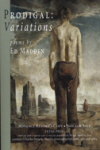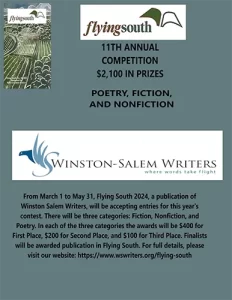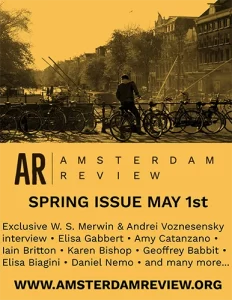Prodigal: Variations
I love Ed Madden’s poetry best when he is talking about the landscape of his childhood. “Forsythia, early spring,” begins with the vivid description:
I love Ed Madden’s poetry best when he is talking about the landscape of his childhood. “Forsythia, early spring,” begins with the vivid description:
A crayon scribble of tree, bright splatter
of yellow in a neighbor’s yard
wet with mud and melted snow
on the road between home and the highway.
The poem of course is more than a nature poem—it is about “signposts,” and leaving home. Madden’s memories intertwine with the landscape in which they were formed. In “Red Castor Bean” the speaker “came here to think about the maze of grief,” but is drawn into the natural world, focusing on the plant whose “dark leaves glistening like wine, or blood, / spiked seed pods clotting the groin of branches / like difficult decisions.” The mixture of nature with the emotions and thoughts of the speaker creates an intriguing metaphor.
While that is the aspect that draws me in as a reader, I do not think nature is the subject of his work but rather the feeling of domination and sexual discovery, shown first in his poem “Sacrifice,” that opens the collection. The poem associates the speaker with the biblical story of Isaac and Abraham; in this story, God commands Abraham to sacrifice his son Isaac. Though, in the biblical story, God was only testing Abraham’s faith and does not require Isaac’s life, Madden’s poem ends differently:
I open my eyes, watch my father
raise his fist against a bright and bitter
sky, no angel there to stay his hand.
The theme reemerges in poems such as “Spunk,” “About the room in which,” and “Far from home, this small room.” Madden’s work is evocative and always deeply descriptive, setting a scene so that the reader can connect to the emotions of the speaker, however dark and complex they may be.





